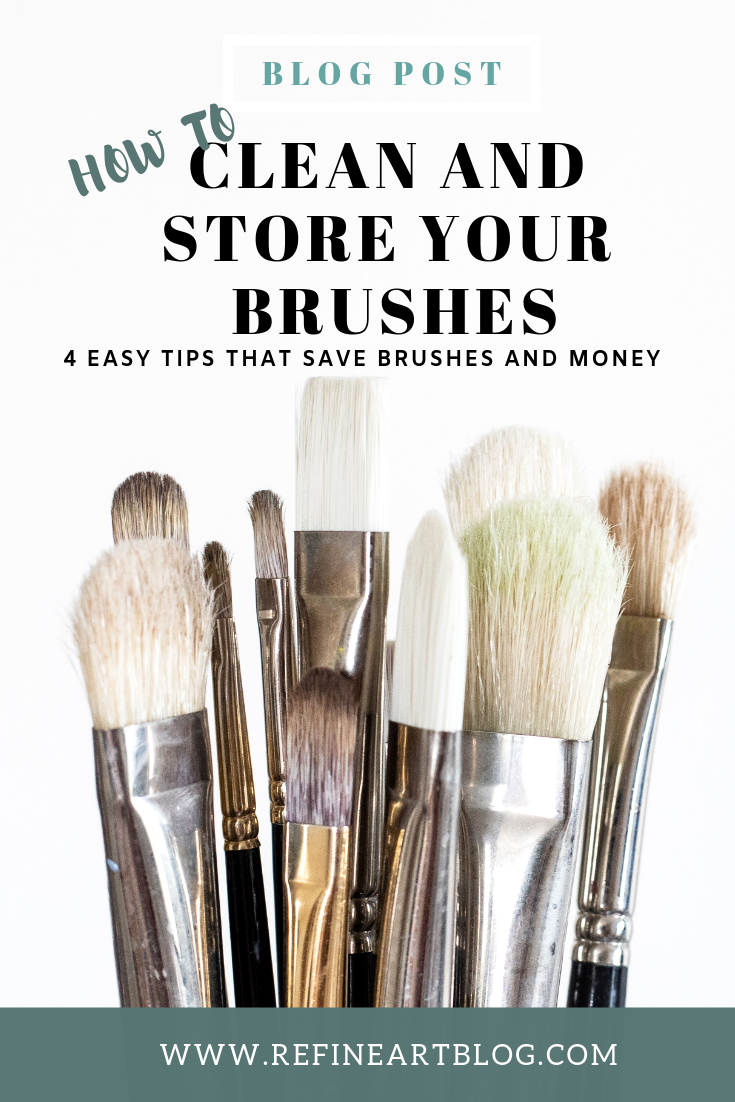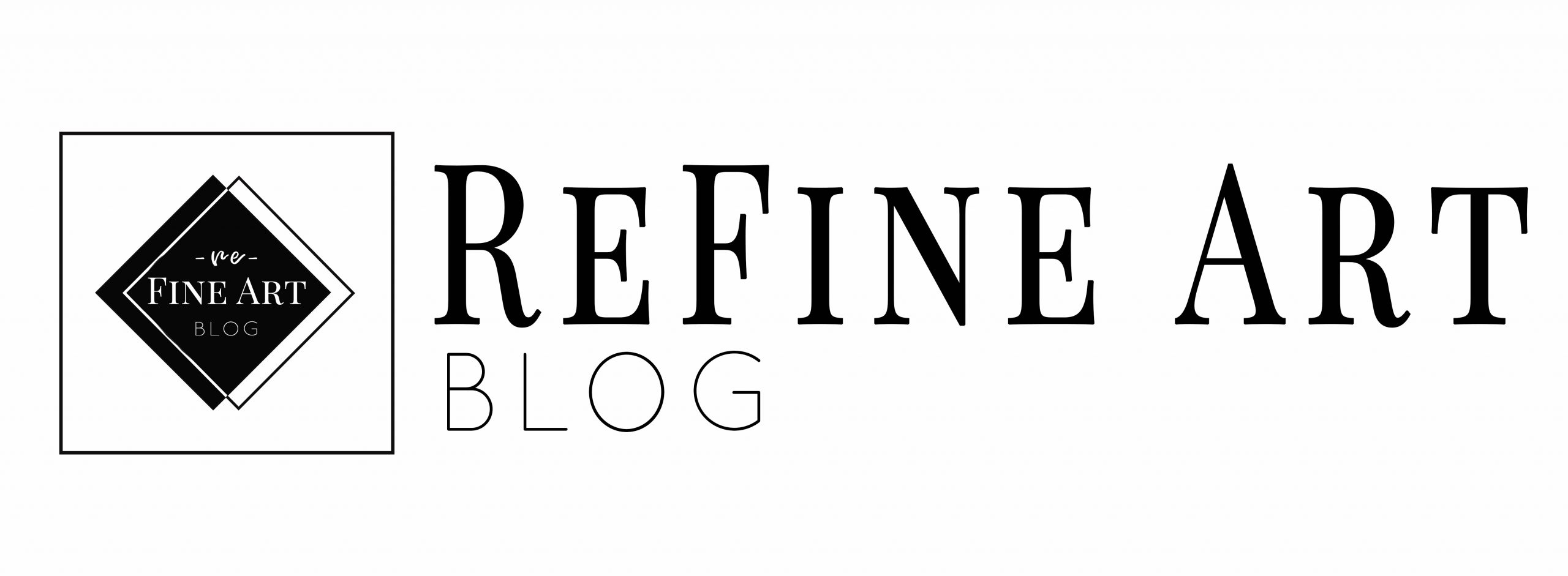Cleaning Brushes Like a Pro
Good brushes don’t make an artist, that’s true, but they sure make you a better artist! I always say that you don’t need expensive art materials to have a decent performance. Of coarse a more professional and higher quality brush will last you longer and wear better with time, but careful use and good cleaning can make any brush last for years of daily use.
Just like every artist has a unique style of painting, he/she also has a unique style of using a brush. Some artists are more aggressive in their painting practice, they apply high pressure on their brushes, doing more scumbling and scraping. That wears the brushes sooner by breaking the bristles and pushing the paint and solvents deeper into the ferrule which results in brushes fanning out. It is your choice how to work with your brushes, but a more careful use and delicate paint application is one way to make your brushes last longer.
Never let the paint dry on the brushes!
Letting all the paint and solvents dry on your brush is a sure way to make it’s life much shorter, especially if you’re working in oils. Once the paint dries, brushes become stiff and when you start cleaning them by rubbing on the metal spirals of a cleaning jar or just on bottom of a regular cup, the bristles start breaking. If such happens that you forgot to clean your brushes on time, first let the brushes soak in turpenoid or any brush cleaner and then when the stiff paint softens, you can start cleaning the brush. However, don’t let the brushes soak in solvents for too long because it ruins the glue inside the brush ferrel that holds the bristles together and also ruins the bristles. Also don’t leave brushes resting on their hairs either when soaking or storing. This will bend the hairs and change their shape permanently. You won’t alway have time to clean your brushes right away, so one solution here is to tightly wrap your brushes in a plastic bag or your rubber glove (because it’s a good safety practice to be working in gloves) and clean it as soon as you get a chance, better if you do it the same day.

A useful tool for pre-soaking the brushes is a container with an attached spiral brush holder which keeps the brushes in place and let you control how mush the brush is submerged into the solvent. Only the bristles should be submerged into the solvent because wooden handles might swell and crack from too much moisture.
Brush Cleaning
To ease a cleaning process, wipe off excess paint with paper towel first. Then, pre-soak brushes in turpenoid or any brush cleaner if the oil paint has already dried. You can use turpenoid like gamsol, which is an odorless version of turpentine, or more natural non-toxic to you and the environment and non-flamable, though a bit more expensive, solutions:
Lavender Brush Cleaner by Chelsea Classical Studio

Natural Citrus Cleaner by Citra Solv

Natural Turpenoid by Weber (fragrance free)

All of these brush cleaners can be recycled and reused! Simply pour enough solution into a jar that can be closed tightly and after cleaning your brushed let that solution settle, all the paint residue will drop to the bottom, then carefully pour clear solution into a fresh container to use it next time and wipe off the paint residue.
In addition, I HIGHLY recommend finishing cleaning your brush with Jack’s Linseed studio soap, it removes all of the

medium and pigment from the bristles and conditions them! This one is safe for cleaning your hands, cleaning paint off of your clothes and studio surfaces. Remember that each time you wash a natural hair brush you remove natural oils from the brush hairs that need to be replaced. Two to three times a year squeeze a small amount of brush conditioner (or Linseed studio soap) into the palm of your hand and roll the brush in it. Then rinse well. Reshape the brush by hand into its original shape and dry with clean cloth or paper towel.
Brush Drying and Storage
Wipe clean brushes with paper towel to avoid accumulating moisture inside the ferrel and store brushes in a ventilated room, don’t keep your brushes in an air tight container, brush hairs must breathe or they might eventually attract mold.
In conclusion, respect your tools and treat them with care and they will last you a long time and save you from spending money on new supplies. Expensive or cheap, brushes are your friends and will enhance your painting experience if you give them the care they deserve!
If you have a brush cleaning tip that you find working for you, please share in the comments below 🙂

p.s. I use affiliate links and earn a small commission at no additional cost to you, this helps me keep this blog running and share free information with the world! 🙂

